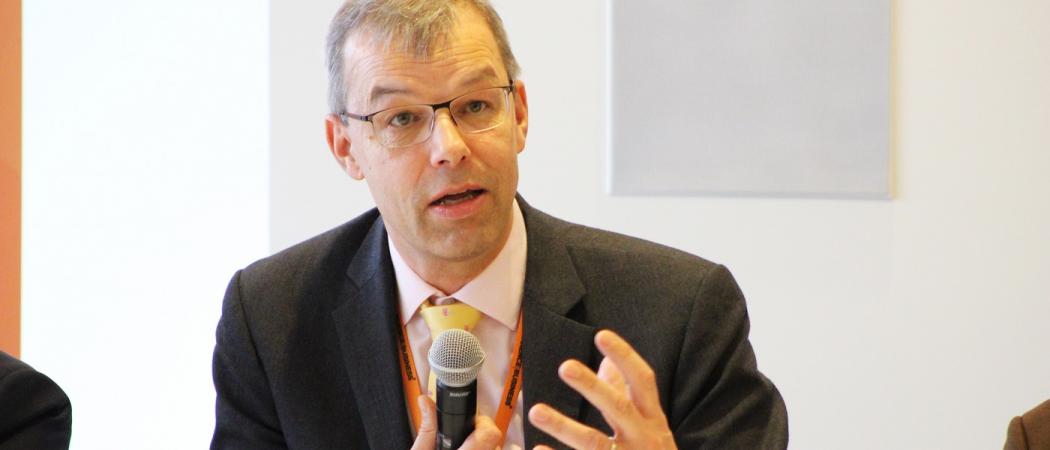
As the EU reforms its Guiding Principles for Knowledge Valorisation, The Guild calls for dedicated funding streams for knowledge transfer activities, and capacity-building measures to enhance the capacities of researchers and technology transfer offices to innovate.
One of the priorities set for the revamped European Research Area (ERA) is to translate research and innovation results into economy and society. Through ERA, researchers are challenged to change how they do research, how they publish it, and whom they engage through it. Within this context, universities are increasingly engaging with their local innovation systems, from participating in Open Innovation processes to stimulating entrepreneurship among their researchers to providing knowledge services to local companies.
Against this background, The Guild welcomes the renewal of the Commission’s Recommendation of 2008 through developing new Guiding Principles for Knowledge Valorisation. To ensure that these guiding principles provide appropriate support to research performing organisations to innovate by valorising their research results, The Guild recommends that they consider:
- Systemic financial support for knowledge transfer activities. Dedicated funding streams for Knowledge Transfer Offices at national level are crucial. They should complement research funding and therefore ensure that the research budget of research performing organisations is not used to finance knowledge transfer activities.
- Non-financial support for knowledge transfers in universities. The Guiding Principles should draw on existing initiatives, such as the Intellectual Property Booster, that have demonstrated their relevance to help researchers and universities valorise their research results.
- Recognition of researchers’ knowledge valorisation activities and collaboration with industry and other non-academic sectors. The Guild supports a reform of the research assessment system which would further recognise research-related activities, such as knowledge valorisation and entrepreneurship, while keeping research quality at its core.
- Promotion of knowledge transfer in all research fields. The objectives of innovation management activities should be to contribute to both economic and social welfare. For instance, the valorisation of the results of research in Social Science, Humanities and Arts is crucial to induce behavioural changes and stimulate social and cultural innovation.
- Collaboration with industry to better articulate the needs of local ecosystems and provide students with more opportunities to apply knowledge to real-world problems.
The Guild highlights the importance of involving research and innovation stakeholders, including higher education institutions, in co-designing the Guiding Principles. While the endorsement and buy-in of the EU member states is crucial for their adoption, universities are best placed to identify the challenges related to knowledge valorisation and to define realistic, ambitious, and feasible solutions, while ensuring their concrete implementation.
This article was first published on October 22 by The Guild.





 A unique international forum for public research organisations and companies to connect their external engagement with strategic interests around their R&D system.
A unique international forum for public research organisations and companies to connect their external engagement with strategic interests around their R&D system.